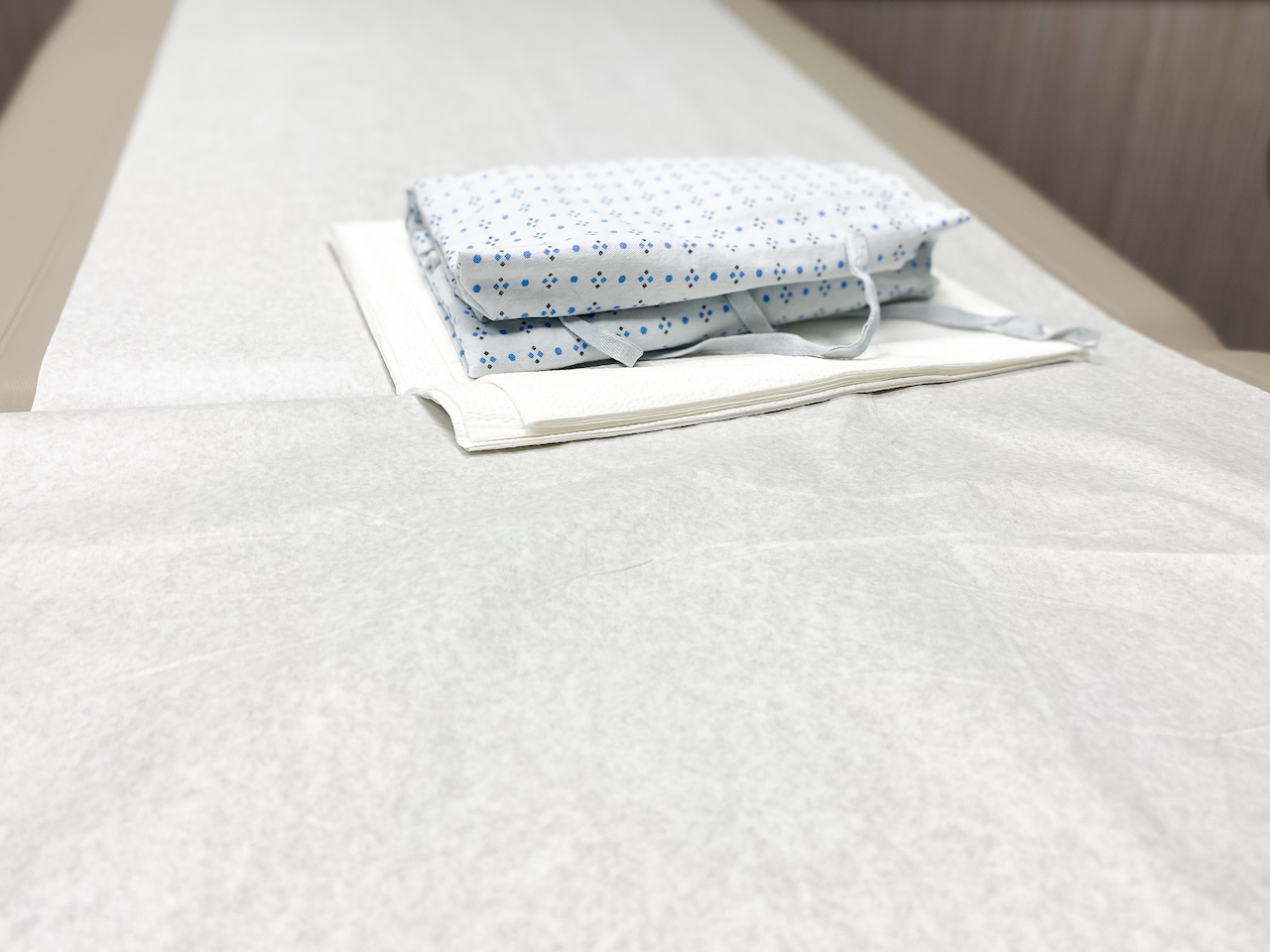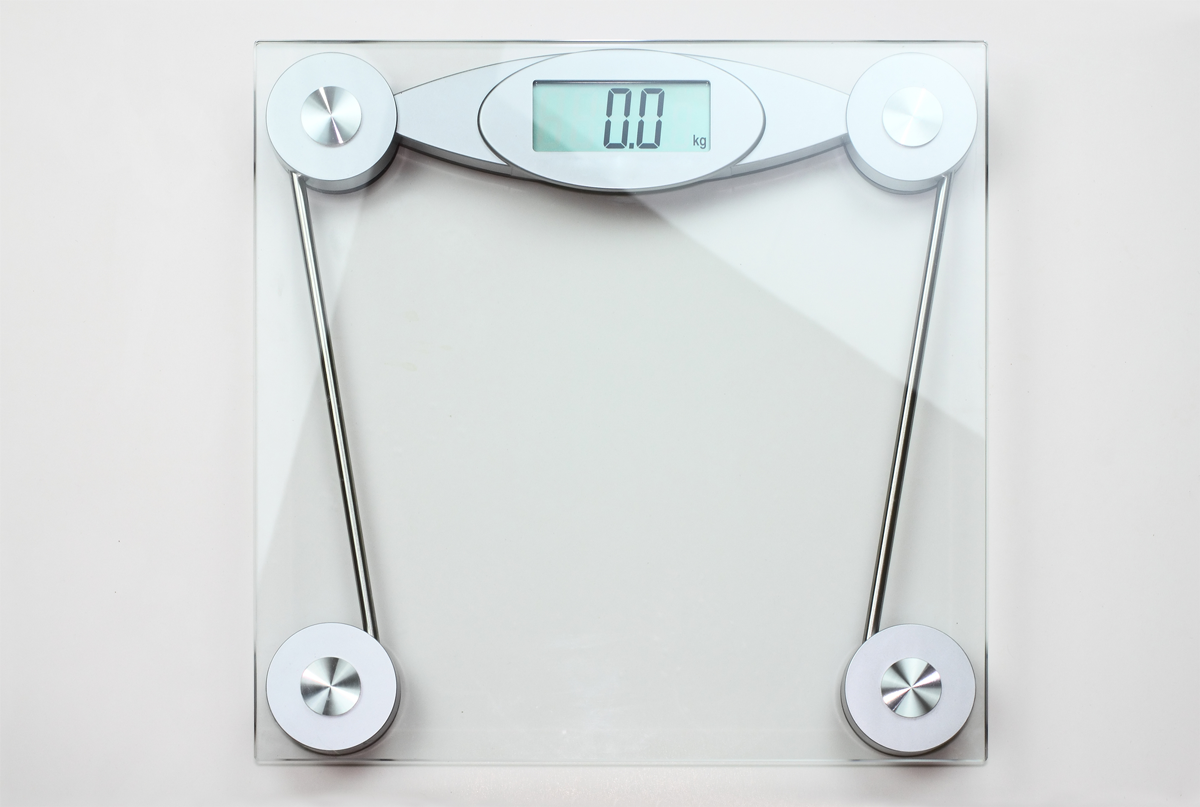I’m delighted today to have a post by Cole Kazdin, the author of What’s Eating Us, about managing parenting amid the complications of diet culture and eating disorder recovery. Cole’s book really resonated with me — one of my parenting fears is passing on my messed-up 1980s food issues to my children. Reading about her journey, and now about how she thinks about parenting in these moments, is both calming and helpful. The timing strikes me as especially appropriate headed into the holiday season. Enjoy.—Emily
Recently on a preschool tour with my husband, the school’s director started talking about foods they forbid to be packed in kids’ lunches. “No judgments about what you serve at home!” She forced a laugh, attempting to lighten what was, indeed, judgment, as she continued. “While your kids are here, we don’t allow any processed foods — only protein, whole grains, and healthy fats.”
I scanned the small yard to see if any of the other parents might find this disturbing. We were sitting outside behind the school, crammed uncomfortably onto tiny, low wooden benches intended for toddlers. (Does this seat make me look fat? Yes.) As the director continued on about the evils of sugar, I signaled to my husband: grab your jacket, we’re leaving.
“No processed foods” sounded innocent enough, especially in Los Angeles, where I live, and where you can’t swing a stick without hitting an acai bowl.
But as a woman who’s struggled on and off for decades with an eating disorder, this was, to put it mildly, triggering. I’ve spent much of my life dieting, starving, and restricting foods. In recovery, one of my daily battles is internally disputing well-meaning but uninformed outside messages about health: that foods can be good or bad and that so-called bad ones (usually the fun ones — pizza, cake) should be avoided. Gently working these once-restricted foods back into one’s diet supports healing.
I’m also a journalist who has researched extensively on how eating disorders manifest and the harm they cause. Now that I’m a parent, I’m on high alert. Ideally, we want our kids to enjoy a variety of foods, including fruits and vegetables (key word: enjoy), but most of us can’t stay up late grinding our own millet. These days, everything is processed. Unsweetened applesauce doesn’t grow in the wild. Families have different access to different foods, and we feed our kids what we can. Food policing from schools — or anywhere — is a dangerous game, adjacent to the restrictive weight-loss messaging we all get every day. And it may put kids at a higher risk for developing an eating disorder later in life.
Eating disorders are complex illnesses that even experts in the field don’t fully understand, a tapestry of individual biology, genetics, family pressure, trauma, and a culture obsessed with thinness. Social media doesn’t help, but the epidemic predates TikTok. One of the greatest predictors of developing an eating disorder is a history of dieting, according to one of the largest studies on the subject. I want to do everything in my power to prevent my child from learning those potentially life-threatening habits.
Most of us are familiar with anorexia, bulimia, and binge-eating disorder, but there’s another category, “other specified feeding or eating disorders,” or OSFED — a catchall for folks who don’t neatly fit diagnostic criteria for the other disorders. For example, a diagnosis of anorexia requires low body weight. If a person is starving themself but not at a low weight, they’re not “officially” anorexic. OSFED can be as nebulous as it sounds, including symptoms like frequent dieting or eliminating an entire category of food. Most patients in community clinics diagnosed with eating disorders fall into the OSFED category, and people with OSFED are just as likely to die as a result of their eating disorder as people with anorexia or bulimia.
One of the greatest challenges for those of us who struggle with food and our bodies is the ambiguity of the problem: when does “watching what you eat” or “getting healthy!” become an eating disorder? I don’t know what that point is and, more importantly, neither does much of the scientific or medical community. The gaps in research and treatment are astonishing, and it’s why we, as parents, need to educate ourselves and intervene early on.
Eating disorders have among the highest mortality rates of any mental illness. Nearly 30 million people in the U.S. will have one in their lifetime. About a quarter of them will attempt suicide. During COVID, emergency room visits and inpatient admissions for eating disorders at pediatric hospitals skyrocketed, and those numbers, according to recent studies, have not returned to pre-pandemic levels. Every 52 minutes, someone dies as a direct result of an eating disorder.
There are effective evidence-based treatments (family-based treatment for kids and teens, and cognitive behavioral therapy for adults), but there’s no standard of care for eating disorders in the U.S. It’s really hard to get better. Treatment is expensive and not regulated. It’s part of the reason relapse rates are high, and for many who are fortunate to receive treatment, it may not “stick.”
It didn’t for me. I spent my teen years battling genetics that were not rigged for the dance career I so desperately wanted and then, years after that, just battling, period. I reached dangerously low weights while friends and coworkers gushed that I looked amazing. “What’s your secret?”
No one ever talked to me about eating disorders. I knew I had one, confirmed by late-night googling with a glass of wine (90 calories). I was in my 30s when I finally sought care, and thought I nailed recovery, only to spend years afterward relapsing again and again, wondering what I’d done wrong. I decided to investigate my recovery as a journalist instead of as a patient (which was getting me nowhere). Interviewing leading researchers and identifying the many obstacles to recovery, I gained a deeper understanding of the neurological underpinnings of the illness, as well as the uphill battle to heal in a world that so often uses health as a proxy for weight loss. I discovered new treatments and a surprising amount of hope.
I was relieved to hear “It’s a boy” when my son was born, thinking gender alone might shield him from all of this, but boys and men suffer too, though girls and women are twice as likely to. The highest risk for onset of an eating disorder is during adolescence, but eating disorders can start as young as age 5, and up to over 80 years old. It is never too early and never too late.
So what can we do? As parents, there’s so much we can’t control, but we can start the conversation and act as goalies for the outside messages our children hear. Categorizing foods as “good” or “bad” is the on-ramp to restriction, dieting, and bingeing. (Virginia Sole-Smith offers excellent tips on having these conversations.)
We can also examine our own relationship to food and our bodies. Anyone who’s yelled “shit” when they’ve stubbed their toe and then heard their child sing the word back on repeat knows that kids model everything we do. We can throw out the scale, not critique our own bodies (aloud, at least) or anyone else’s, and enjoy foods we may have once restricted (I’m looking at you, bread).
Finding ways to reduce stress — around eating and just in general — may be one of the most powerful changes we can make to improve health. Food restriction has been shown, in humans and mice, to prompt a stress response and raise cortisol levels.
As for the inevitable obesity question: A vast amount of scientific research tells us that all diets are equally ineffective, and we don’t yet have a complete picture of the long-term effects of the new semaglutide weight-loss drugs. Most people gain back lost weight anyway, and weight fluctuation itself is correlated with chronic illnesses like Type 2 diabetes. As one leading public health researcher told me, you can control your behaviors, but you can’t control your weight. Behavior changes, like adding exercise, can have positive impacts on health, whether weight drops or not.
Like so many women who have struggled with food and body image in their own lives, I desperately want a “do-over” in raising my child. And yet. At my son’s new school, everyone seems to be turning 3 at the same time, and the weekend birthday schedule is relentless. Last Saturday, we’re in a park, the neon-blue-frosted Elsa sheet cake comes out, and I feel my body tense. Be cool! I tell myself. You wrote a book on this! The singing stops and the birthday girl’s mom smiles, moving the knife across the cake, the universal sign for “this big?” and I stop her at the smallest corner — shit — I’m doing it! It’s three layers of chocolate and gooey white-and-blue, and my son lights up, taking the plate. I inhale a deep breath as we sit, and as if on cue, I hear the crackle of a speaker and there’s that song again (every girl’s birthday party!) blaring: “Let It Go.” So I do. I exhale. I ask my son how he likes his cake. He beams, opening his mouth to show me — his tongue is bright blue.














Log in